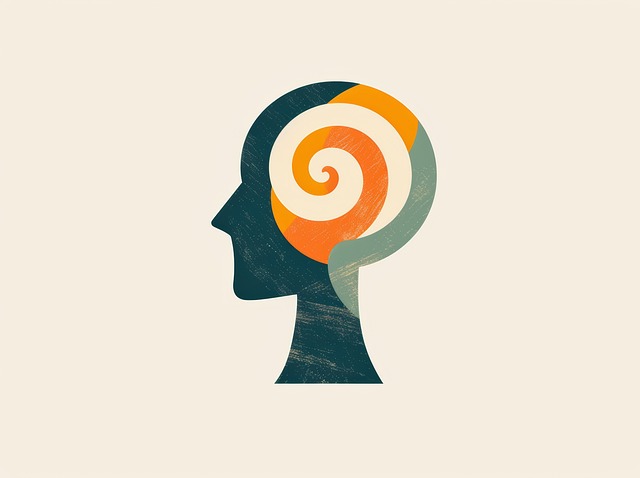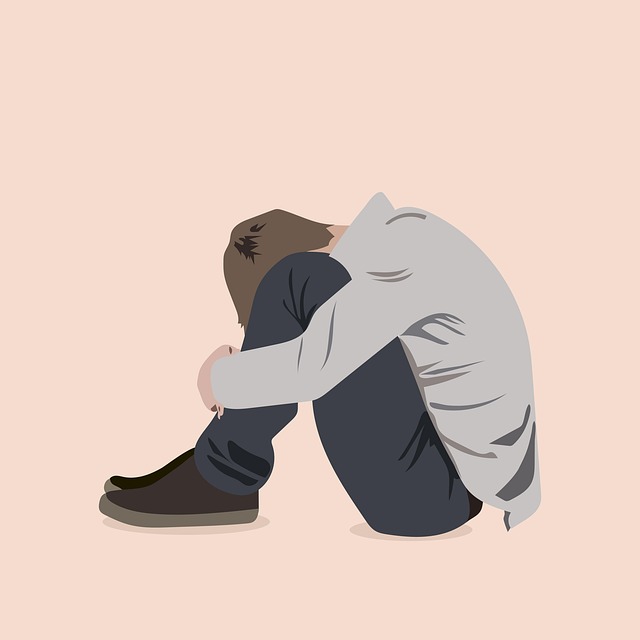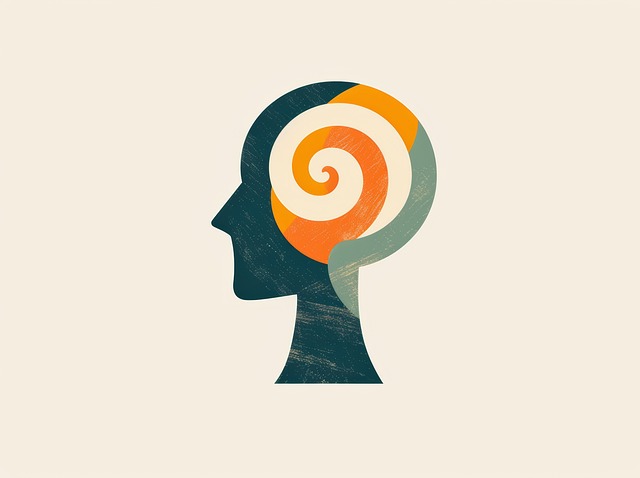Mental Health Crisis Hotlines provide 24/7 support for emotional distress and acute mental health crises, offering active listening, empathy, and practical strategies from trained professionals. They cater to various issues including severe anxiety, depression, suicidal ideation, and psychotic episodes, ensuring discretion and anonymity. Superior Phobias Therapy is a specialized component of these hotlines, addressing intense fears that contribute to crisis situations. By integrating this approach, hotlines enhance client care, empower individuals with coping strategies, and promote long-term mental health outcomes, demonstrating a commitment to comprehensive Mental Health Education and Risk Assessment. Accessing these services is a vital step towards overcoming mental health challenges, fostering honest communication, and offering continuous support in depression prevention.
Mental health crisis hotline support services serve as a crucial lifeline for individuals facing acute emotional distress. In this article, we explore the vital role these hotlines play in providing immediate assistance and guiding people toward recovery. From understanding the significance of crisis hotlines to delving into specific therapeutic approaches like Superior Phobias Therapy, we offer insights on accessing and utilizing these services effectively.
- Understanding Mental Health Crisis Hotlines: A Lifeline for Many
- The Role of Superior Phobias Therapy in Crisis Support
- Accessing and Utilizing These Services Effectively
Understanding Mental Health Crisis Hotlines: A Lifeline for Many

Mental Health Crisis Hotlines serve as a vital lifeline for individuals grappling with intense emotional distress or acute mental health crises. These 24/7 services are designed to provide immediate support, offering a safe space for people to express their feelings and concerns. Trained professionals on these hotlines offer active listening, empathy, and guidance, helping users navigate through challenging situations. They cater to a wide range of issues, from severe anxiety and depression to suicidal ideation and psychotic episodes.
For many, the hotline is the first point of contact during a crisis, offering immediate relief and a sense of calm. It facilitates emotional healing processes by encouraging open dialogue and providing practical strategies for stress management and conflict resolution techniques. The discretion and anonymity offered also encourage individuals with superior phobias to seek help without fear of judgment or stigma, fostering a supportive environment conducive to recovery.
The Role of Superior Phobias Therapy in Crisis Support

In the midst of a mental health crisis, individuals often require immediate and targeted support to navigate their distressing emotions and thoughts. This is where Superior Phobias Therapy plays a pivotal role in crisis support services. It offers specialized treatment for those grappling with intense fears or phobias, which can be significant contributors to emotional turmoil and, subsequently, crisis situations. By addressing these specific anxieties, therapy provides a targeted approach to crisis intervention, helping individuals manage their symptoms effectively.
Incorporating Superior Phobias Therapy into mental health hotline support services enhances the overall care offered to clients. It ensures that resources are tailored to address not only general anxiety or depression but also the unique challenges posed by phobias. This therapy can empower individuals with coping strategies, self-care practices, and a deeper understanding of their condition, ultimately contributing to improved long-term mental health. Furthermore, integrating such specialized programs into hotline services demonstrates a commitment to comprehensive Mental Health Education and Risk Assessment for professionals, fostering an environment that prioritizes both short-term crisis intervention and prevention.
Accessing and Utilizing These Services Effectively

Accessing these vital support services is a crucial step towards overcoming mental health challenges. The first step is to recognize when you or someone close needs assistance, and understanding that reaching out for help is a sign of strength. Many hotlines offer confidential and anonymous counseling, ensuring individuals feel comfortable sharing their concerns. When contacting a crisis hotline, clear and open communication is key. Expressing your feelings honestly allows trained professionals to provide tailored support, offering strategies like effective communication techniques and emotional well-being promotion methods.
For specific issues like superior phobias, hotlines often direct individuals to specialized therapists or groups. They can guide users towards resources that focus on depression prevention and offer continuous support. Utilizing these services effectively may involve repeating concerns to ensure understanding, asking for clarification when needed, and actively participating in the conversation to gain the most benefit. Remember, hotlines are there to assist and empower, providing a safe space for individuals to navigate their mental health journeys.
Mental health crisis hotline support services play a pivotal role in providing immediate assistance and guidance during emergencies. With the increasing awareness of mental well-being, these hotlines have become a vital resource, offering not just a listening ear but also practical solutions. Integrating Superior Phobias Therapy into crisis support expands the toolkit, ensuring comprehensive care for diverse needs. By understanding how to access and utilize these services effectively, individuals can navigate their crises with enhanced resilience and improved outcomes.









